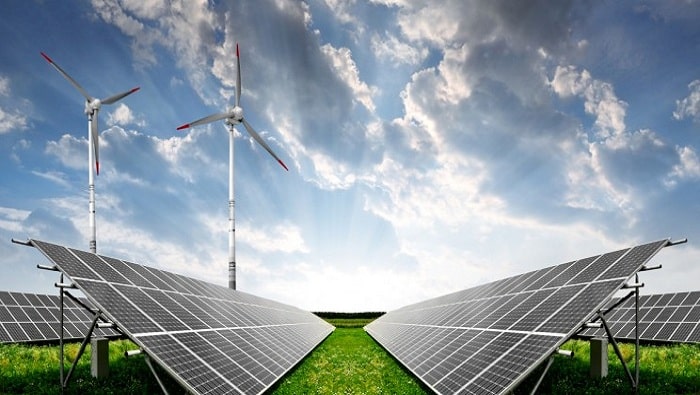The Government of Bosnia plans to invest BAM3.6bn ($2bn) in renewable energy infrastructure over the next five years, Reuters has reported.
Despite this, the country plans to continue operating its coal-fired plants until at least 2035 despite European Union (EU) objections.
Bosnia, which consists of the Bosniak-Croat Federation and the Serb Republic, had previously pledged to adhere to EU guidelines and stop electricity production using fossil fuels by 2050.
The country has, however, been slow to tweak its legislation and phase out thermo-power plants.
Reuters quoted Bosniak-Croat Federation Energy Minister Nermin Dzindic as saying: “We need to proceed with energy transition to secure energy stability in the socially acceptable way. “At this moment, Bosnia-Herzegovina is not in the situation to give up fossil fuels.”
Dzindic added that the Bosniak-Croat Federation intends to invest BAM1.5bn in hydro, wind and solar projects over the next three years, adding almost 600MW of clean energy capacity.
Bosnia currently generates most of its energy from coal-fired and hydropower plants. The country claims to be the only Balkan nation that exports electricity.
Dzindic’s Serb Republic counterpart, Petar Djokic, said that the Serb Republic also plans to add 600MW of clean energy capacity, which would be worth nearly BAM2.1bn.
The EU and its energy watchdog have said Bosnia must adopt state-level electricity and gas laws if it seeks funding from the EU’s €9bn ($9.9bn) energy transition economic and investment plan.
US Agency for International Development (USAID) energy transition expert Ognjen Markovic said: “We are facing a very serious task – a new investment cycle for Bosnia.
“We need to build 2,000 MW of new capacities in the next ten years, which is an enormous request demanding the mobilisation of the state and society.











































